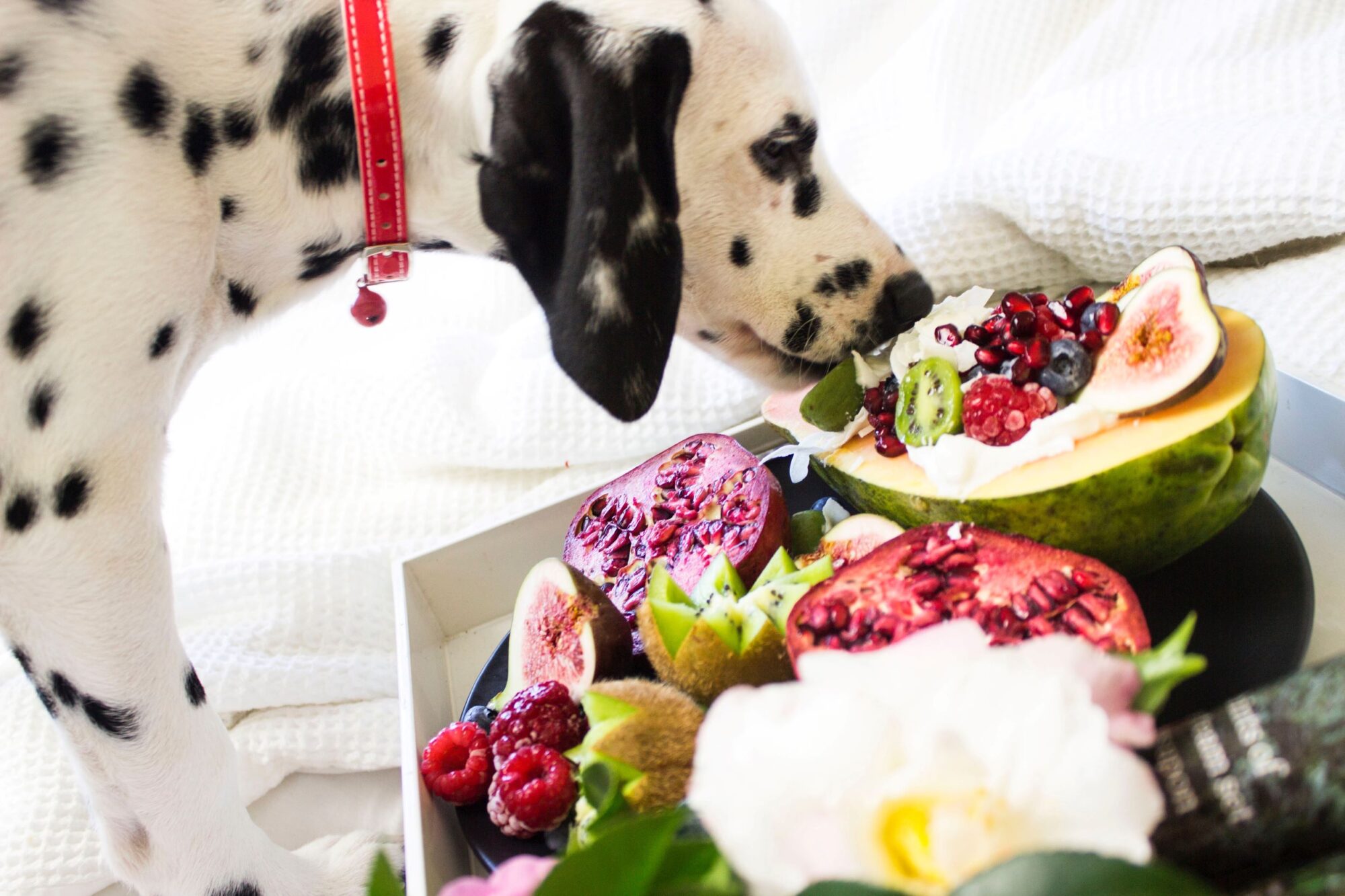Can My Pooch Eat This or That? Human Foods You Should Avoid Feeding Your Pet

Many pet owners don’t see their canine companions as animals but as more minor, fluffier members of the family, which can result in them receiving special treatment. From letting them sleep beside you on the bed to feeding them a sneaky bit off your plate during mealtimes, we do these things because we love them, yet sometimes even the best intentions can cause injury.
Dogs aren’t used to digesting the foods we eat since their digestive systems are much more different than ours. While our stomachs are used to breaking down the oily, fatty foods we usually fuel our bodies with, our pets are not, which can lead to vomiting, diarrhea, and even more severe issues. The last thing we want to do is to make the smallest member of our family ill unknowingly, which is why it’s essential to know what foods present danger to dogs and avoid them.
Some foods like chocolate are well known to be toxic for dogs to ingest, yet some common household foods that should be avoided may surprise you. So, if you’ve thought, can dogs eat avocados, onions, garlic, and grapes? We’ve created this list to help you know which human foods to avoid feeding your pet – keep reading to find out more.
Avocados
Avocados are well known for the health benefits that they provide humans, and due to this, at some point in their life, some pet owners may have thought, can dogs eat avocados? Despite the benefits they might provide humans, avocados contain a high amount of persin, potentially poisonous to dogs if they ingest too much of it.
Persin is present in the leaves, flesh, pit, and the actual avocado plant, making every part of it potentially poisonous to your dog. Although dogs are thought to be more resistant to persin than other animals, the exact amount of persin that is toxic to dogs is unknown, so it is generally believed to be safe than sorry and avoid feeding it to your pooch.
Suppose you’d like to learn more about the effects of avocados on dogs and how to feed them to your pet safely. In that case, we recommend contacting your local veterinarian or conducting online research about the topic by taking advantage of the learning materials from Native Pet and other companies.
Comprised of a team of pet lovers, Native Pet produces targeted nutrition and supplements to give pets the best diet possible and creates learning resources on various topics, from can dogs eat avocados to do German Shepards shed? Consider visiting their website for more information and see how they could help you learn which foods to and not feed your pet.
Alcohol
While alcohol might seem like a bizarre item to put on this list, there have been many cases where a beloved pet has accidentally ingested alcohol, and the vet or animal poison center has had to be contacted. Whether you’ve slipped and accidentally spilled a quarter of your pint on the kitchen floor, or you left a half-drank glass of wine on the floor after going to bed, there are many accidental ways your pet could ingest alcohol.
Like humans, alcohol has a similar effect on dogs, but it takes much less to harm your fluffy friend than yourself. Even the smallest amount of beer, cider, wine, or liquor can cause problems for your pooch and result in symptoms like vomiting, coordination difficulties, breathing problems, diarrhea, or more severe ones like coma or death. Therefore, if you suspect that your dog has accidentally ingested even the smallest amount of alcohol, it is essential that you contact a veterinarian or the Animal Poison Center immediately so that they can get the necessary help that could save their life.
Onions And Garlic
Humans use onion and garlic in just about every recipe; due to this, it can be hard to see how they could pose such a threat to the smaller members of our family. However, it is essential that you keep onions and garlic – whether raw, powdered, cooked, or dehydrated – well out of reach from your canine companion.
Onions are part of the allium family, along with leeks, chives, garlic, and shallots which are all harmful to dogs. All aspects of the plant can cause problems for the sensitive stomachs of dogs, from minor issues like vomiting or weakness to more severe ones like breathing difficulties and the destruction of red blood cells.
Grapes Or Raisins
Like avocados, since no proven amount is safe for dogs to eat, it is also wise to avoid giving your pooch grapes or raisins. Grapes and raisins are considered dangerous for dogs because it has fruitless for scientists to try and pinpoint which substance in the fruit causes the harmful reaction. However, it is known that kidney failure can arise because of ingesting too many grapes or raisins, as well as symptoms such as vomiting, sluggishness, depression, and many more.

Leave a Reply
You must be logged in to post a comment.